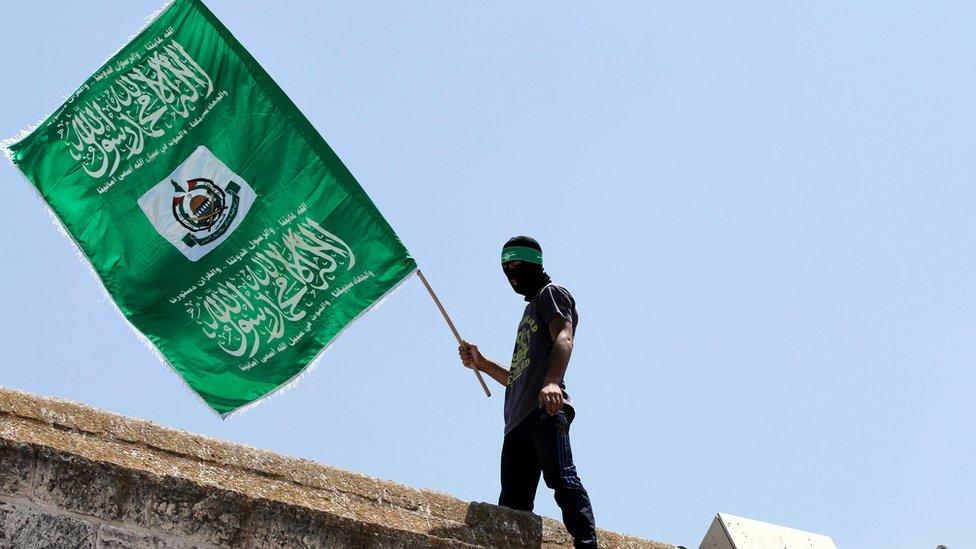Palestinian unity deal: Gazans hope for end to feud
- Published
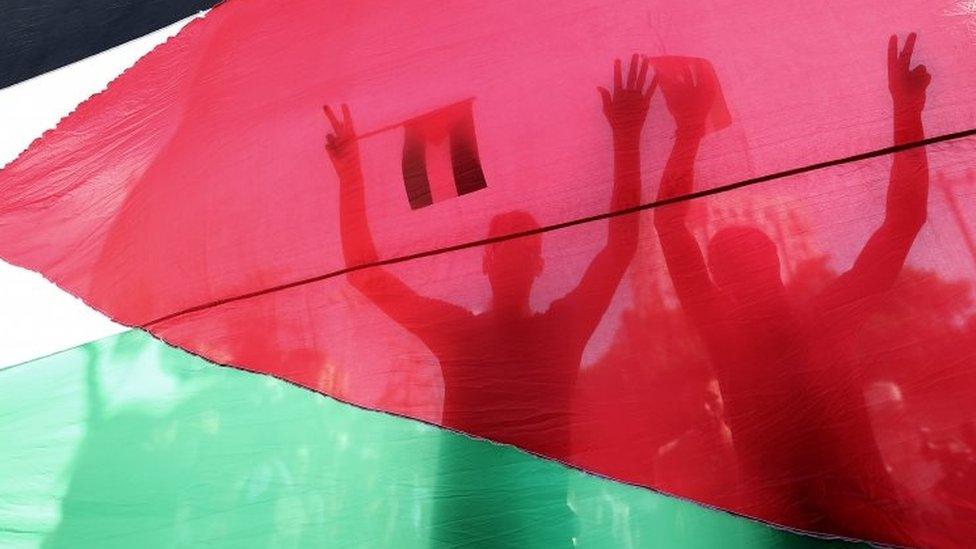
Joy for now, but will the truce deal last?
Some Palestinians have been taking to the streets of Gaza to celebrate the new reconciliation deal agreed by their rival political factions, Hamas and Fatah.
Others I speak to are more cautious, but desperately hope an end is in sight to a decade-long feud they feel has damaged the nationalist cause.
The deal, brokered by Egypt, is expected to see the Palestinian Authority (PA), dominated by Fatah, resume full control of the coastal territory by 1 December.
The PA and its security forces were ousted from Gaza in 2007, when Hamas seized control, a year after winning legislative elections.
For Naim al-Khatib, a father of six, "Hamas are showing some flexibility which is unprecedented. It gives us hope that people are being pragmatic, seeing themselves as Palestinians, rather than as part of a global, Islamic group."
"There are lots of difficult issues still to tackle - but the opposite of reconciliation is a very gloomy situation which I would hate us to step into," he adds.
Recently, Gaza's nearly two million residents have suffered as political divisions deepened and President Mahmoud Abbas piled financial pressure on Hamas.
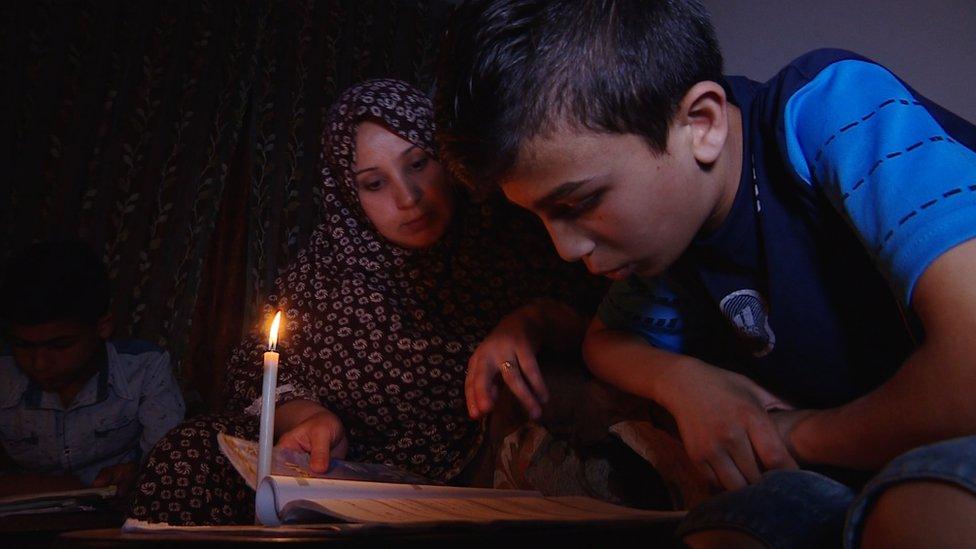
There is already no electricity in the Gaza Strip for up to 20 hours per day
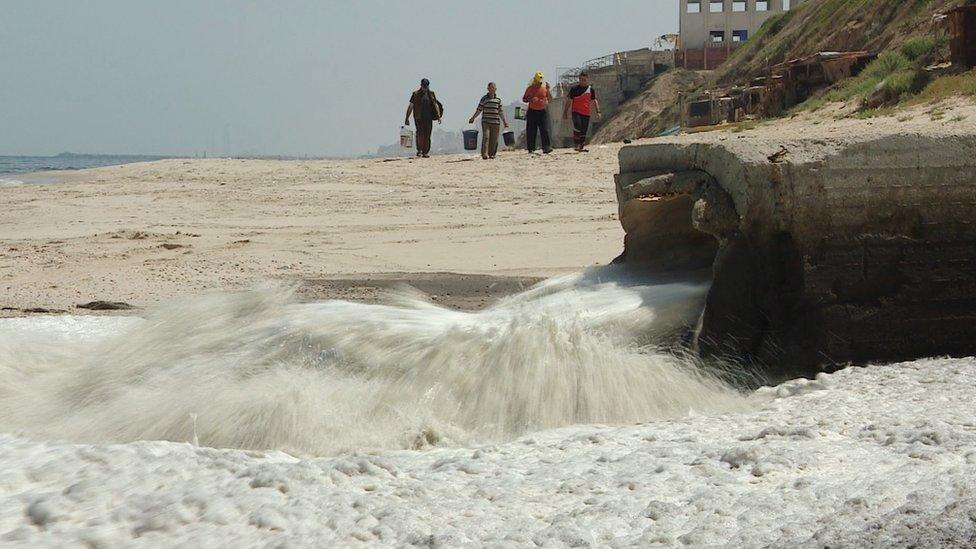
Waste-water treatment has largely halted, resulting in the discharge of sewage into the sea
His PA imposed heavy taxes on fuel for the strip's only power plant and reduced the amount of electricity bought from Israel for Gaza.
Mains electricity now comes on for just a few hours a day. This leaves water desalination and sewage treatment plants unable to work properly.
Over 60,000 civil servants, still getting salaries from the PA even though they cannot work, were cut by a third. Supplies of medicines were halted.
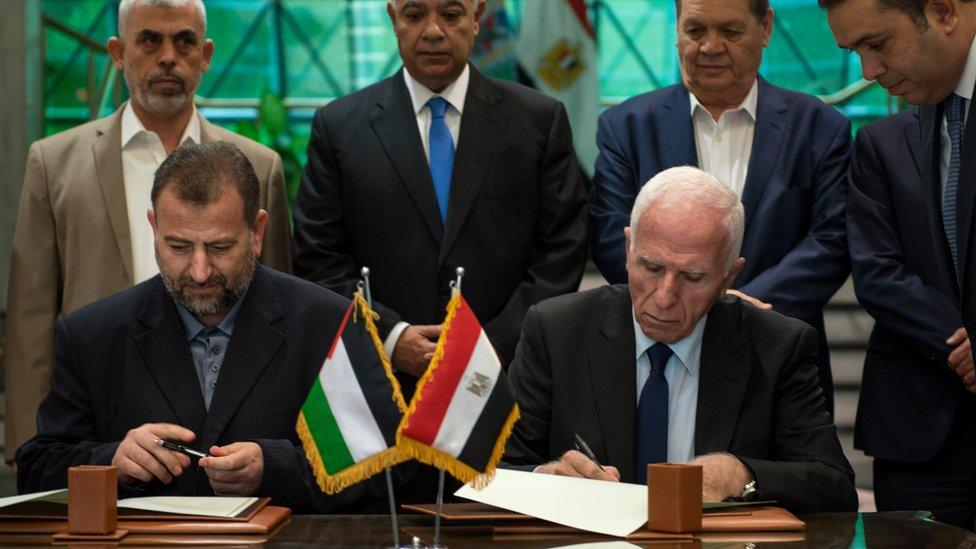
The reconciliation deal was signed by Fatah's Azam al-Ahmed (right) and the deputy head of the Hamas politburo Saleh al-Aruri
Now it is expected some sanctions will be reversed.
"We hope electricity will come back immediately. It's a basis for normal life," says Amal, a teacher.
"I think this will solve our sewage problem. We Gazans are very attached to the sea and we hope it will be clean again."
Israel and Egypt tightened their blockade of Gaza after the Hamas takeover.
The new agreement is expected to see PA forces return to border crossings, which could ease the movement of people and goods.
"We want to see free movement in and out of Gaza - to the West Bank, Egypt and Israel for medical purposes and for education," Amal says. "Such steps will make us feel reconciliation is serious."
Previous reconciliation deals have quickly fallen apart, and the latest announcements from Cairo have not made clear how some long-standing sticking points can be resolved.
They include the fate of Hamas's 25,000-strong military wing, the Ezzedine al-Qassam Brigades.
Hamas is also classed as a terrorist organisation by Israel, the United States and the European Union. The latter are both major donors to the PA - but would find it difficult to support a unity government that includes Hamas.
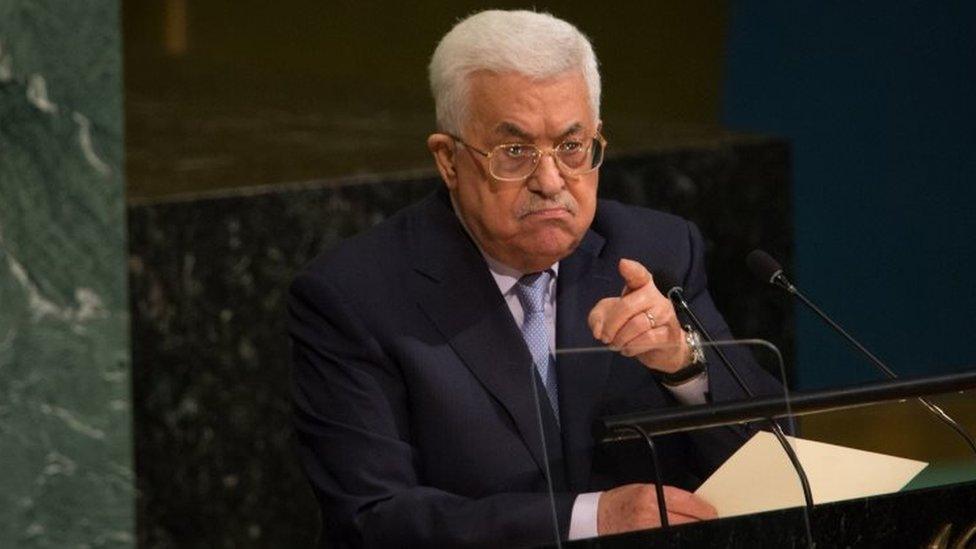
Will Mahmoud Abbas now visit Gaza - for the first time in a decade?
More tricky negotiations are now due to be held ahead of a meeting of all the Palestinian political movements in Cairo on 21 November.
"What's happened is a good step, it's positive, but this is just the beginning," says Mustafa Barghouti, general secretary of the Palestinian National Initiative.
"The next few weeks are very crucial because what's been agreed must be implemented. All the Palestinian factions, not just Hamas and Fatah, must then decide on a unified government and a date for elections."
Some reports suggest that if all goes to plan President Abbas could soon visit Gaza for the first time in a decade as part of the reconciliation effort.
That would be a huge turnaround: a recent Palestinian opinion poll indicated that demand for his resignation stood at 67% overall and 80% in Gaza.
Which, paradoxically, brings out one of the reasons why some commentators believe this bid at reconciliation has better chances of success.
At 82, some reason that Mr Abbas has an eye on his political legacy and little to lose.
Likewise Hamas, an ideological offshoot of the Muslim Brotherhood, has found itself on the wrong side of recent regional events.
Faced with increased isolation, it has reached out to Cairo for help.
In turn, Egyptian leaders are very keen to improve security in the restive Sinai Peninsula, which borders Gaza, and after the turbulent years following the Arab Spring, they are looking to restore their role as regional power brokers.
- Published12 October 2017
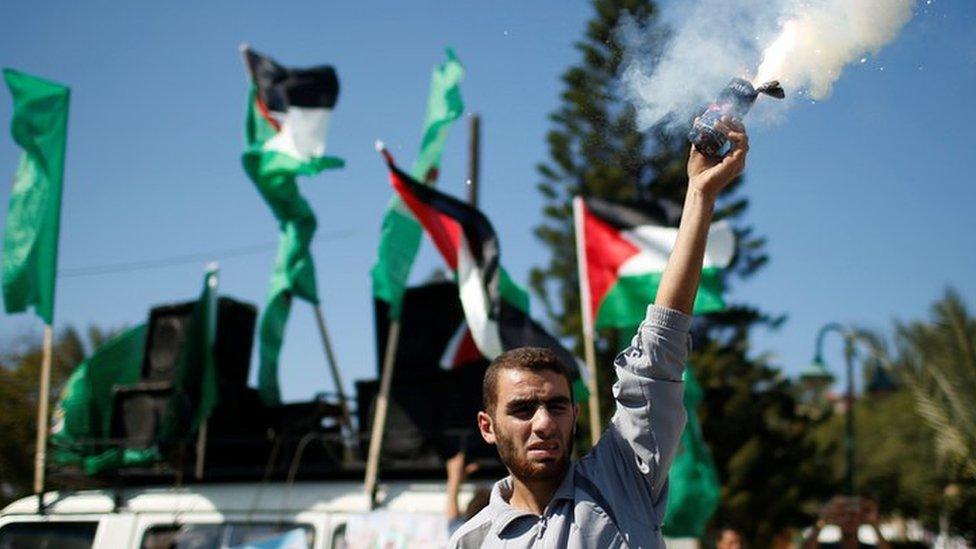
- Published18 May 2017
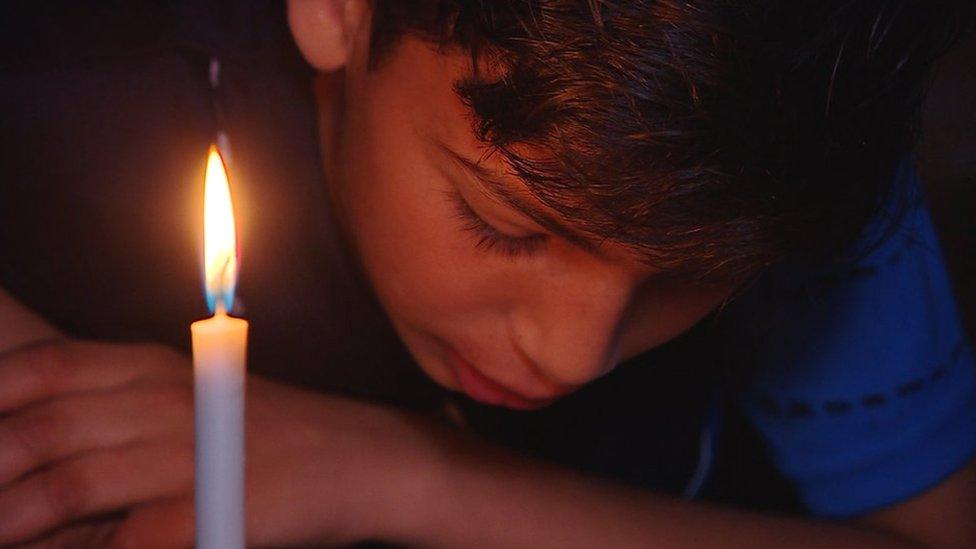
- Published1 July 2021
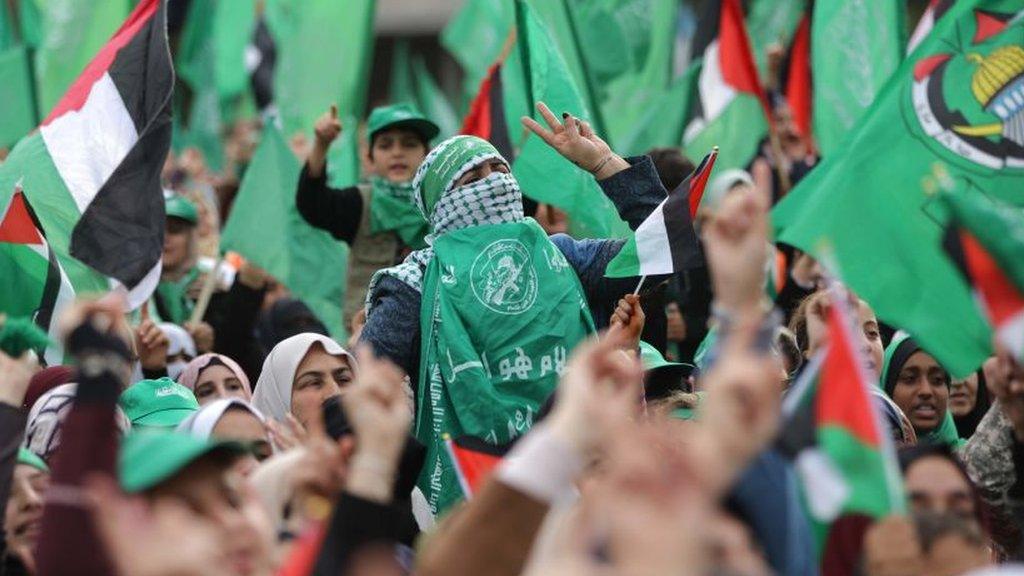
- Published2 May 2017
